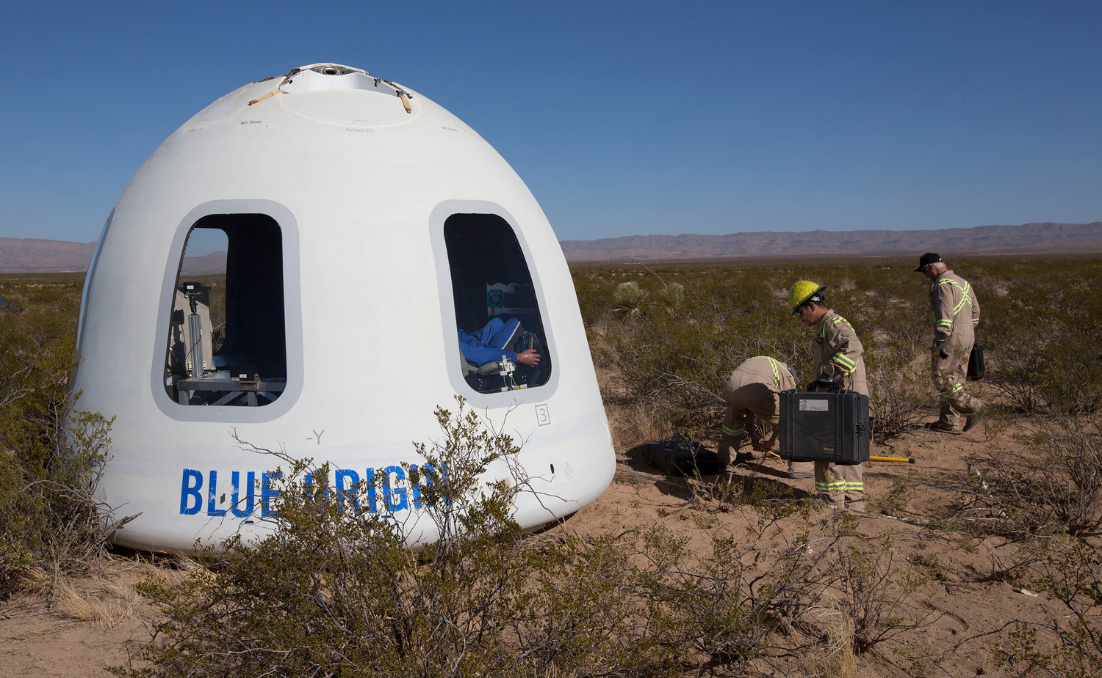
Decarbonization of the Maritime Sector: Is Nuclear an Option?

Maritime transport is a cornerstone of global trade, accounting for over 80% of the world’s transported goods. However, the sector is also responsible for approximately 3% of global greenhouse gas emissions, making it one of the key challenges in the decarbonization of the economy. In this context, the search for alternative energy solutions is gaining increasing relevance, with nuclear energy emerging as a potentially transformative option.
On March 12th, the Auditorium of the Escola Superior Náutica Infante D. Henrique hosted a lecture dedicated to this topic. The event featured experts such as Hugo Bastos, Luís Guimarais, Sérgio Ribeiro e Silva, Prof. Luís Baptista, and Bruno Soares Gonçalves, who explored the potential of nuclear energy as a viable alternative for naval propulsion.
The transition to cleaner energy sources in the maritime sector requires a thorough reassessment of current technologies and a significant strengthening of training in nautical schools to prepare future professionals in the naval industry. Pluris Investments, aligned with its commitment to supporting fleet sustainability and technological innovation, sees this debate as a strategic opportunity to foster connections between academia and industry, encouraging the development of disruptive and sustainable solutions.
In a sector where the high energy density of fuels is an undeniable reality, nuclear energy emerges as an option that deserves careful consideration and analysis. Several countries are already conducting research and pilot projects to explore the potential of this technology, aiming to mitigate environmental challenges without compromising the operational efficiency of vessels.
Pluris Investments’ participation in this event reflects our mission to drive crucial discussions for the future of the industry and actively contribute to innovation in the maritime sector.
Share:






